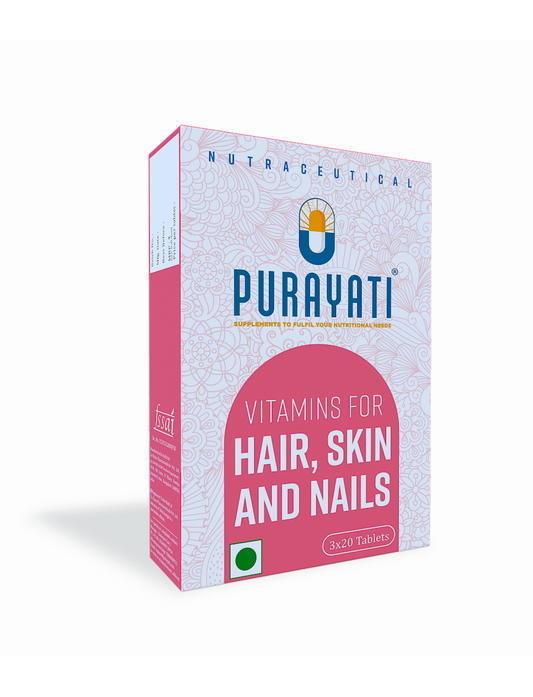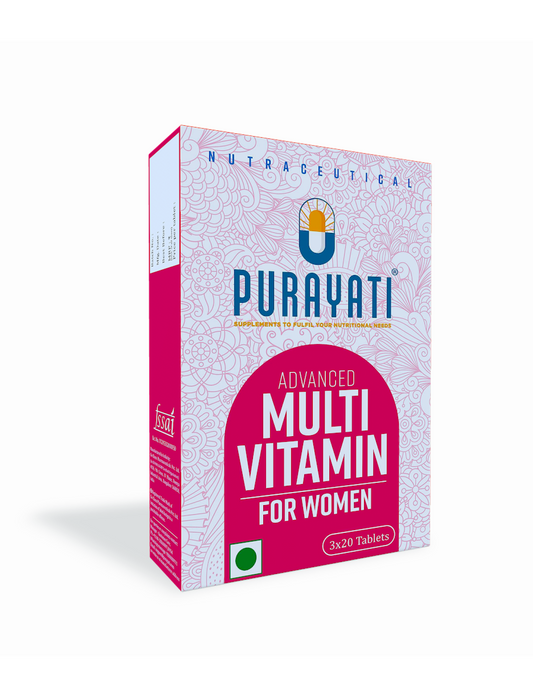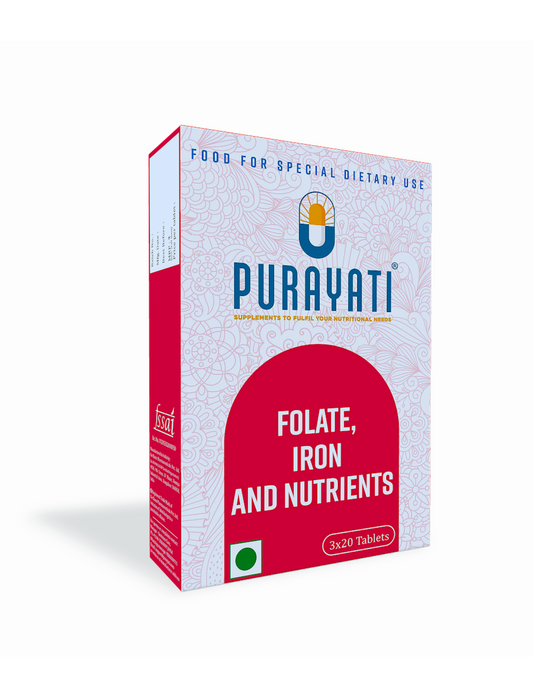Whey protein is not an unfamiliar word for gym-goers and bodybuilders. As one of the most soluble and easily absorbed protein by the body, whey protein is termed as a complete protein, containing all nine essential amino acids, and low lactose content. Often used in supplement powders, whey protein is known as the ideal protein to include in diet for reaching health and weight goals. Most research studies have shown that the intake of whey protein along with strength training helps in increasing lean body mass and muscle strength. Even in people not undergoing any rigorous physical training regime, whey protein has been observed to increase endurance. However, there are certain confusions about this wonder protein.

Which Type of Whey Protein to Include in Diet?
Whey protein powders available in the market are mainly of three types, containing whey protein concentrate (WPC); or whey protein isolate (WPI); or hydrolyzed whey protein.
In whey protein concentrate (WPC), the amount of protein varies between 25-89%. The whey protein shakes and protein bars commonly available in the market contain WPC. This type of whey protein is 80% protein, along with 4-8% lactose, minerals, fats, and moisture. WPC is also widely used to make infant formula, confectionary and bakery products, and other nutritional food products.
Whey protein isolate or WPI is the purest form of whey protein available containing 90-95% protein and negligible lactose. It can be used by patients suffering from lactose intolerance. Owing to its purity and high protein content, WPI is costlier than WPC. It is used in high protein supplement powders and protein bars.
Hydrolyzed whey protein is chemically ‘pre-digested’ proteins. It means that the long amino acid chains of proteins have been broken down into shorter chains called peptide bonds that are more easily absorbed by the body. Hydrolyzed whey protein reduces the potential risks of allergic reactions and is often used in sports and medical nutritional products.
It is often confusing to decide upon the type of whey protein to add up as supplement. It all depends upon medical conditions, weight goals, and dietary requirements.
Does Whey Protein Help in Weight Gain or Weight Loss?
It is a known fact that protein is the most satiating macronutrient and can help in weight loss. Various studies have suggested that whey protein increases levels of hormones associated with a feeling of satiety, thereby providing a feeling of fullness for fewer calories. When other sources of calories are replaced with whey protein, it can help in weight loss along with exercises. It is often recommended to use whey protein supplements to lose weight while preserving lean muscle mass. Budgeting the calories offered by whey protein into a restricted-calorie diet can help lose weight. In case of aiming to bulk up and reach a higher weight goal, whey protein can serve as an additional source of calories needed for weight gain, paired with strength training exercises. It is advisable to consult a dietician to get an idea of balancing calories in the diet and supplementing it with whey protein to achieve weight goals.
How to Take Whey Protein – Mix in Milk or Water?
How to consume whey protein is a big question that baffles both novices and experienced gym-goers. On the labels of protein supplements, it is often mentioned to take whey protein with water. Opinions differ about the right way of taking whey protein. Adding milk to whey protein powder increases more calories to the protein shake. Many people think that this increase in calories is good while aiming weight gain and bulking up, and hence, whey protein should be taken with milk when planning weight gain. However, if calorie intake is being already restricted in diet, compensating the missed calories in the diet with milk in a protein shake is not really going to make a difference.
Further, the intake of whey protein with milk is expected to slow down the absorption of whey protein. Whey protein is the fastest and most easily absorbing protein. Athletes and bodybuilders are sometimes worried about the speed of protein digestion in the body for muscle building. It is important to ensure the intake of proteins according to dietary requirements. Milk itself is 80% casein. When whey protein powder is mixed with milk, it causes coagulation of whey, leading to the constant release of amino acids. The speed of protein digestion and absorption might not be really relevant at the cellular level.
Also, whey protein supplements taken with milk are supposed to work well if taken in the morning before a workout. The slow-digesting milk along with whey protein will release amino acids while the body is working out. Post-workout, mixing whey protein powder with water is expected to work fast to repair wear and tear of muscles.
In terms of taste, whey protein supplements mixed in water taste bland and is low in density. While it might be easy for absorption, it does not seem a palatable drink. Mixing protein powder with milk enhances its taste and is liked by most people.
Mixing whey protein supplement with cow’s milk is an absolute no if a person is lactose intolerant or is sensitive to milk. In such cases, the body would not be able to digest a shake containing milk and whey. Almond, soy, or coconut milk might be other options for mixing protein supplement powder.
There is no right or wrong way of taking whey protein supplement when mixing it with milk or water. Though taste, calorie intake, and absorption are the factors driving the difference in opinions, at the end of the day, it should be taken depending upon one’s body’s sensitivity or tolerance to milk.
Purayati’s Natural Dry Fruit Whey and Milk Protein Powder:
Purayati’s Natural Dry Fruit Whey and Milk Protein Powder is specially formulated for people looking for fat loss, muscle weight or both through workouts. As protein obtained from the regular diet is not sufficient to fulfil the dietary requirements needed for gaining muscle weight or losing fat, it is important to replenish the nutrient gap with protein supplements. Purayati’s Natural Dry Fruit Whey and Milk Protein Powder contains whey, casein, and dry fruits and offers 50% protein content per serving. The product has been manufactured at a well-equipped FSSAI and ISO 9001:2008 certified plant.




